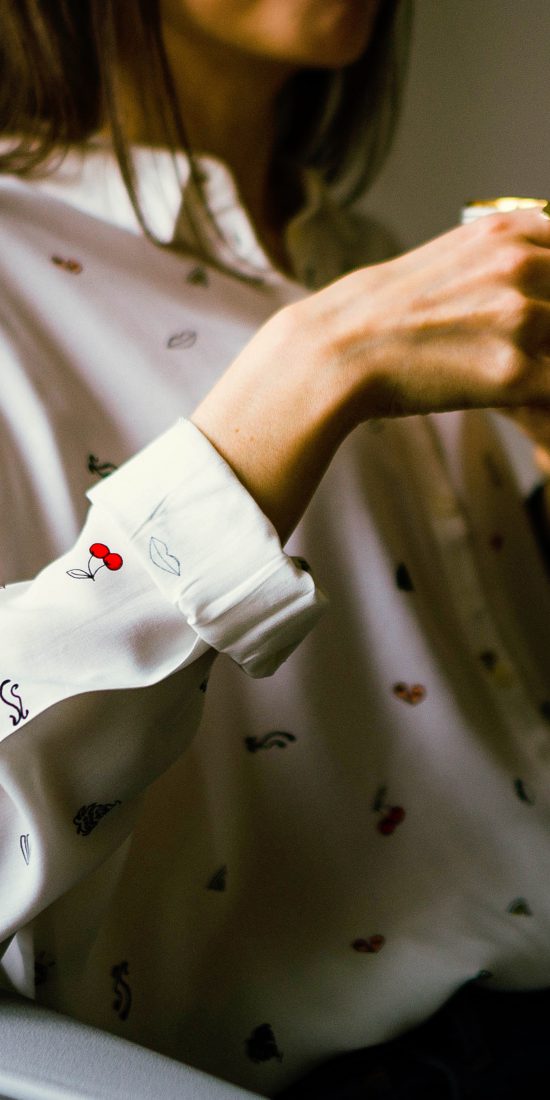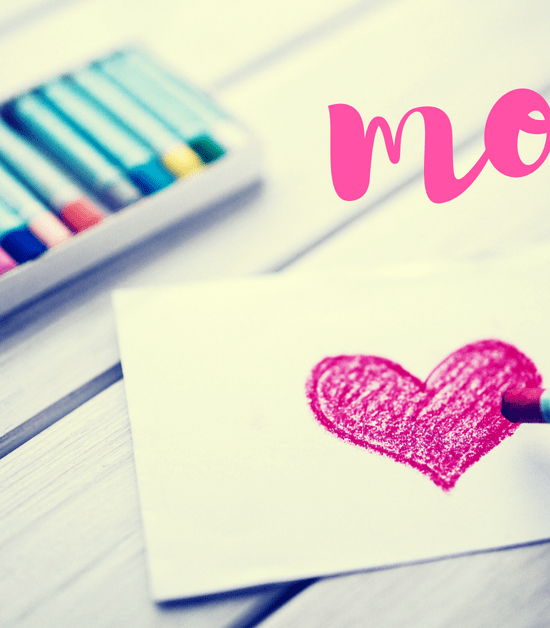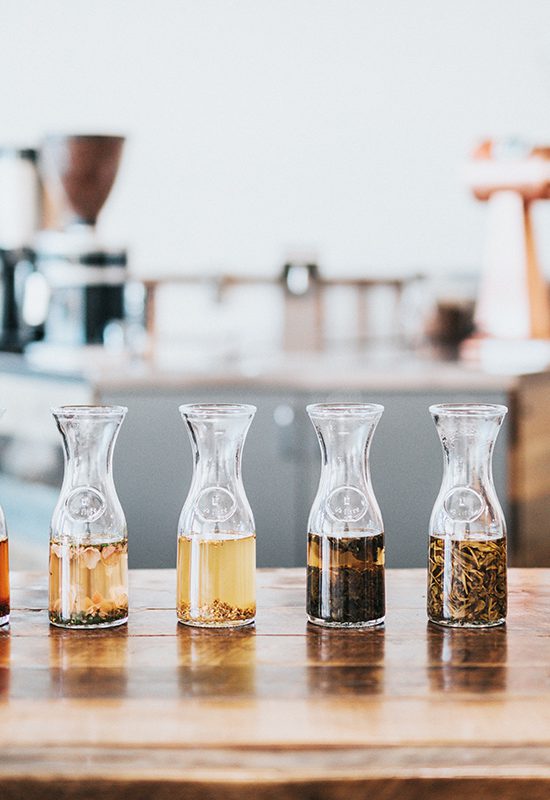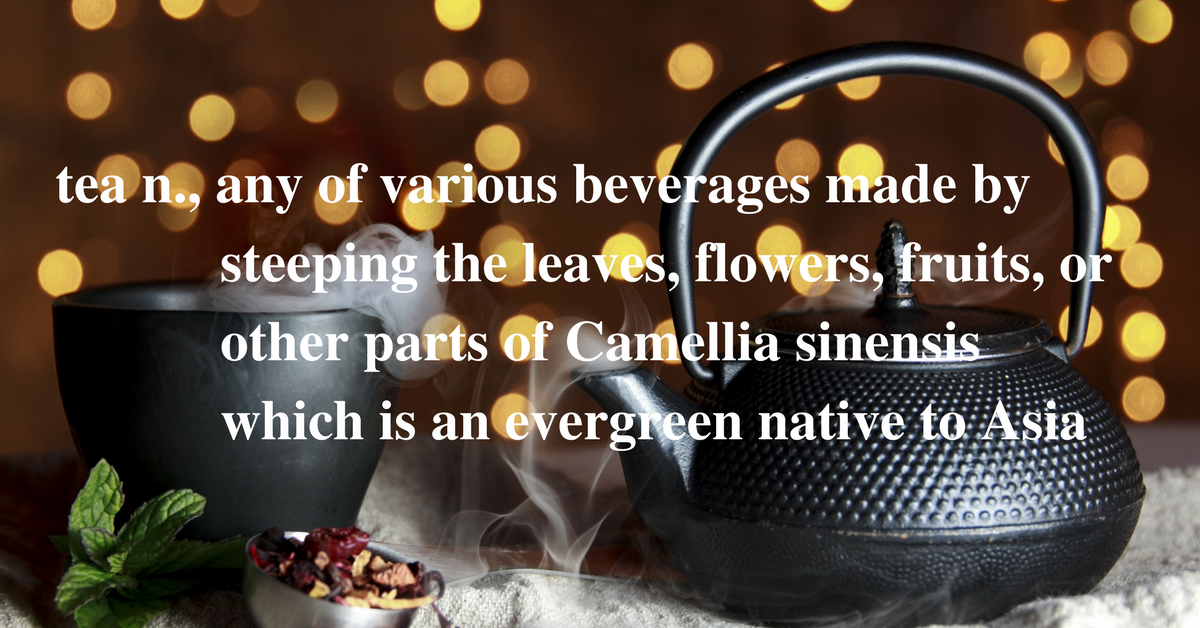
tea in the English language: idiomatic expressions based on one of the world’s favorite go-to beverages
Fondness for tea is so ingrained in our cultures. Taken hot and loved just as much when it’s iced, tea is a customary drink for practically every one of us.
For centuries over centuries, tea has made a grand impression that it is even etched in the English language. The word “tea” is widely used as an allegory, metaphor, or rhetoric to make our verbal expressions rather more ornate and telling. Pretty much like the beverage itself, “tea” in figurative speech appears graceful, sounds classy, feels refined.
 tea and sympathy
tea and sympathy
a display of compassion and understanding toward a person who is feeling down
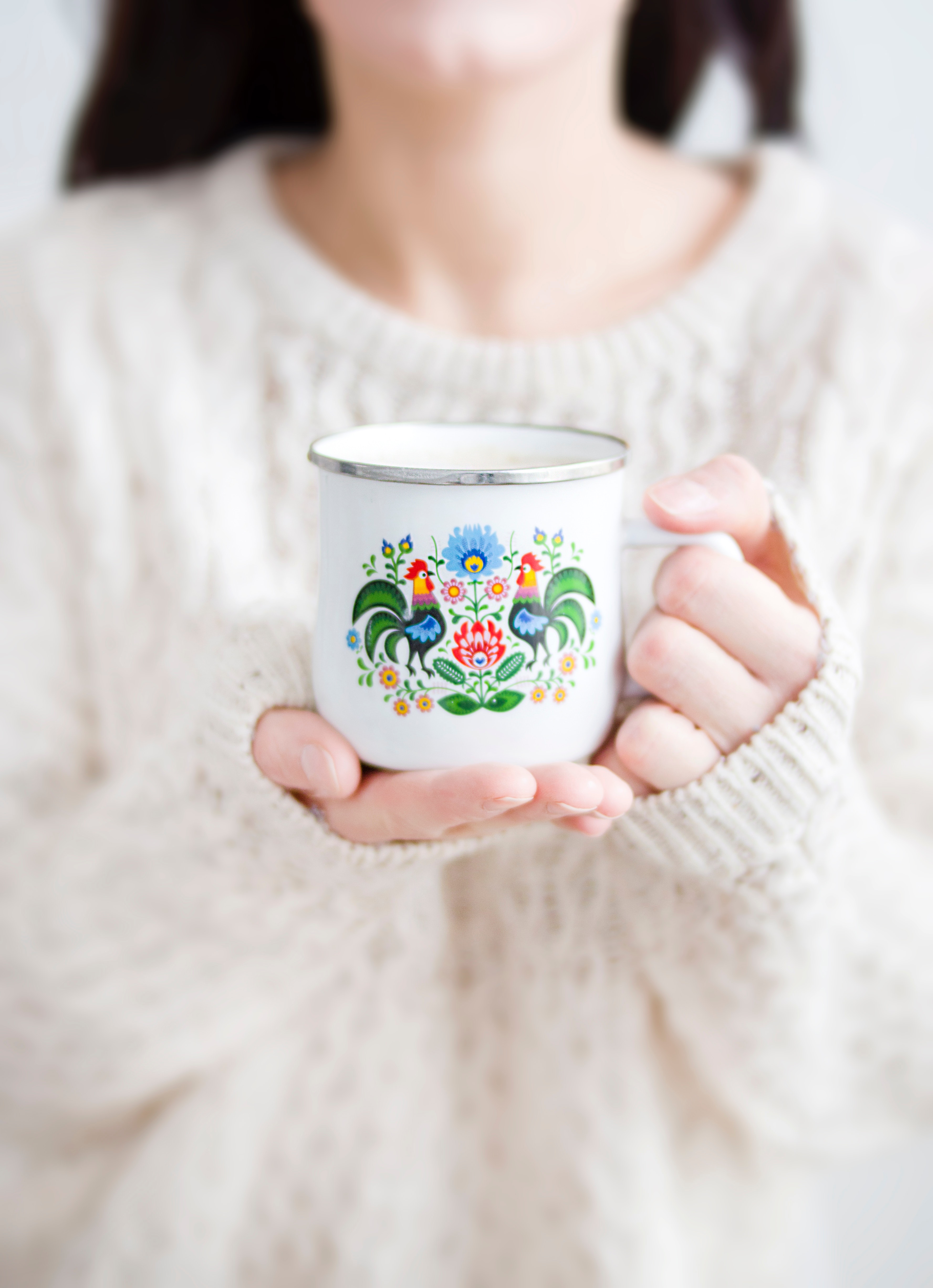
Sometimes, offering a little tea and sympathy to a weeping friend is enough and already well-appreciated.
“Tea and sympathy,” they do go perfectly together, don’t you agree? There truly is something so soothing about a warm cup of tea that it manages to help ease physical discomfort and deeper emotional cares. After all, as they claim, tea is a hug in a mug.
 a tempest in a teapot
a tempest in a teapot
an exaggerated reaction to something commonly considered petty
It’s no big deal. You are worrying over a storm in a teacup. I suggest you just let it go and move forward. Your family will understand why you won’t be able to join them this weekend.
Tea is largely associated with cool, calm and collected. Perhaps this is the reason why there sprang the expression “a tempest in a teapot” to refer to an odd intensity of someone’s reaction over a trivial matter.
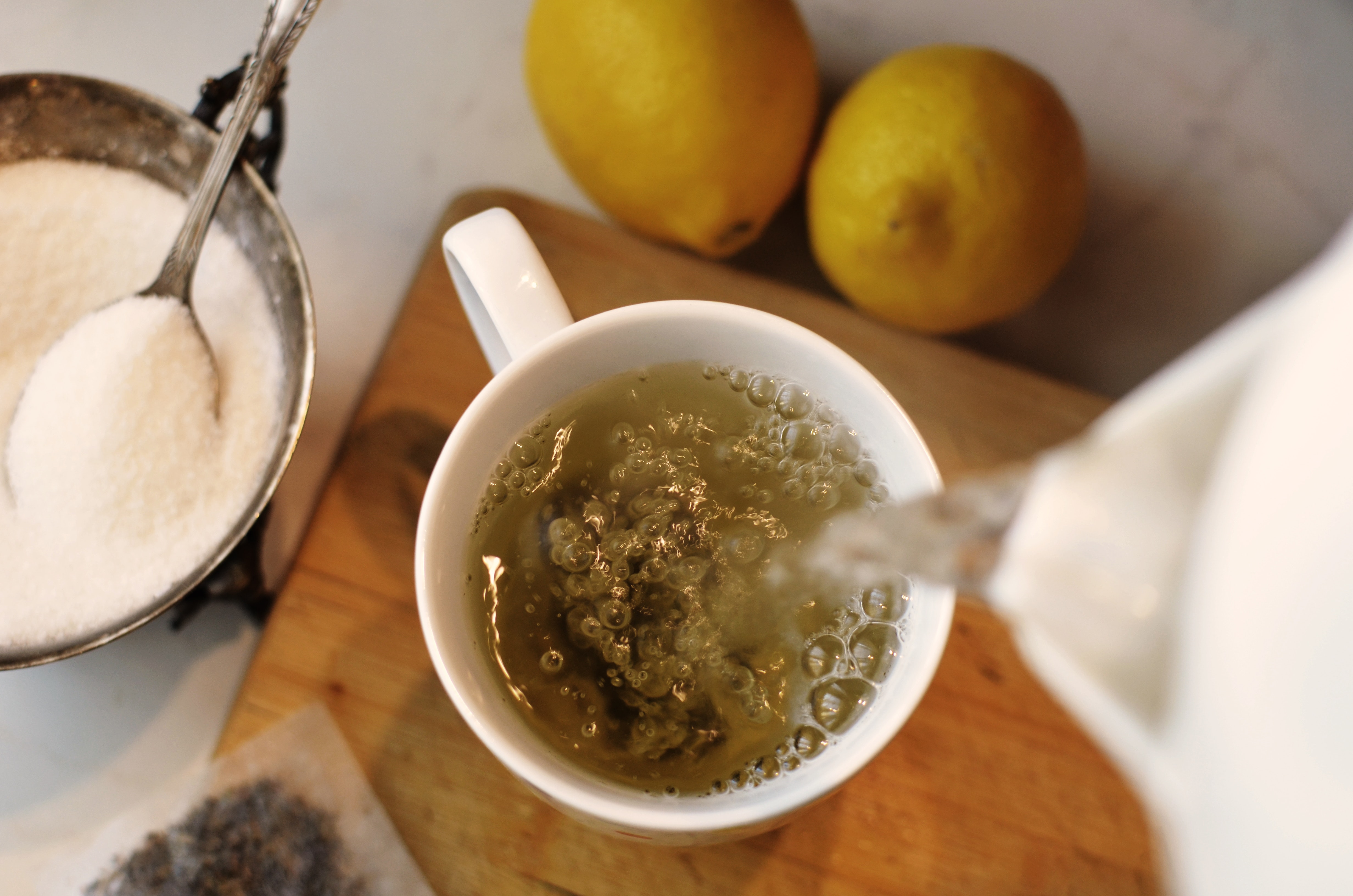
Of course, let’s not forget the variation “a storm in a teacup” that is chiefly British.
 what does that have to do with the price of tea in China?
what does that have to do with the price of tea in China?
a rhetorical question intending to point out that someone else’s remark is unrelated to the focus of a discussion or subject at hand
That is neatly articulated. However, what’s that got to do with the price of tea in China? Your argument is totally off-topic.
It may be worth noting that Camellia sinensis is vastly grown in China. The expression evidently alludes to one of the countries of origin of the drink.
 one’s cup of tea
one’s cup of tea
something that is in harmony with a person’s penchant
Her painting style is just my cup of tea.
It is believed that the expression dates back to as early as the 1800s while its negation – not one’s cup of tea – might have been first used much later in the 1920s.
Isn’t it delightful citing tea in our daily conversations? Start “infusing” your sentences in idioms based on tea as you find calm in our Kitchables teacups filled with infusion made in our teapot. Take your pick between the variant in 44oz capacity and the variant in 40oz capacity. You are sure to not have weak tea.
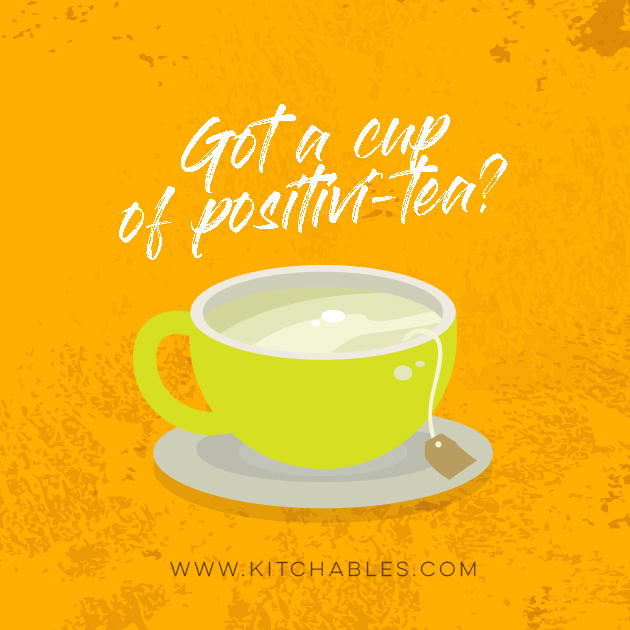
Learn more about tea, tea cultures and fast facts, among others, on our YouTube channel. Follow us, too, on Twitter, Instagram and Pinterest. Of course, “like” our Facebook page to get updates on Kitchables promos and for your daily dose of recipes and home design inspiration. We do have weekly giveaways even!
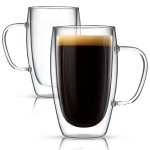
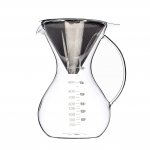
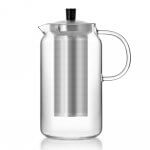
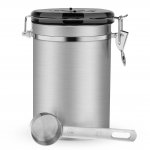
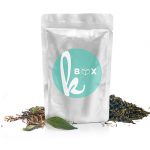
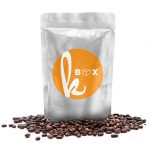
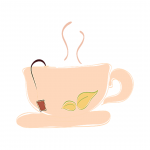 tea and sympathy
tea and sympathy